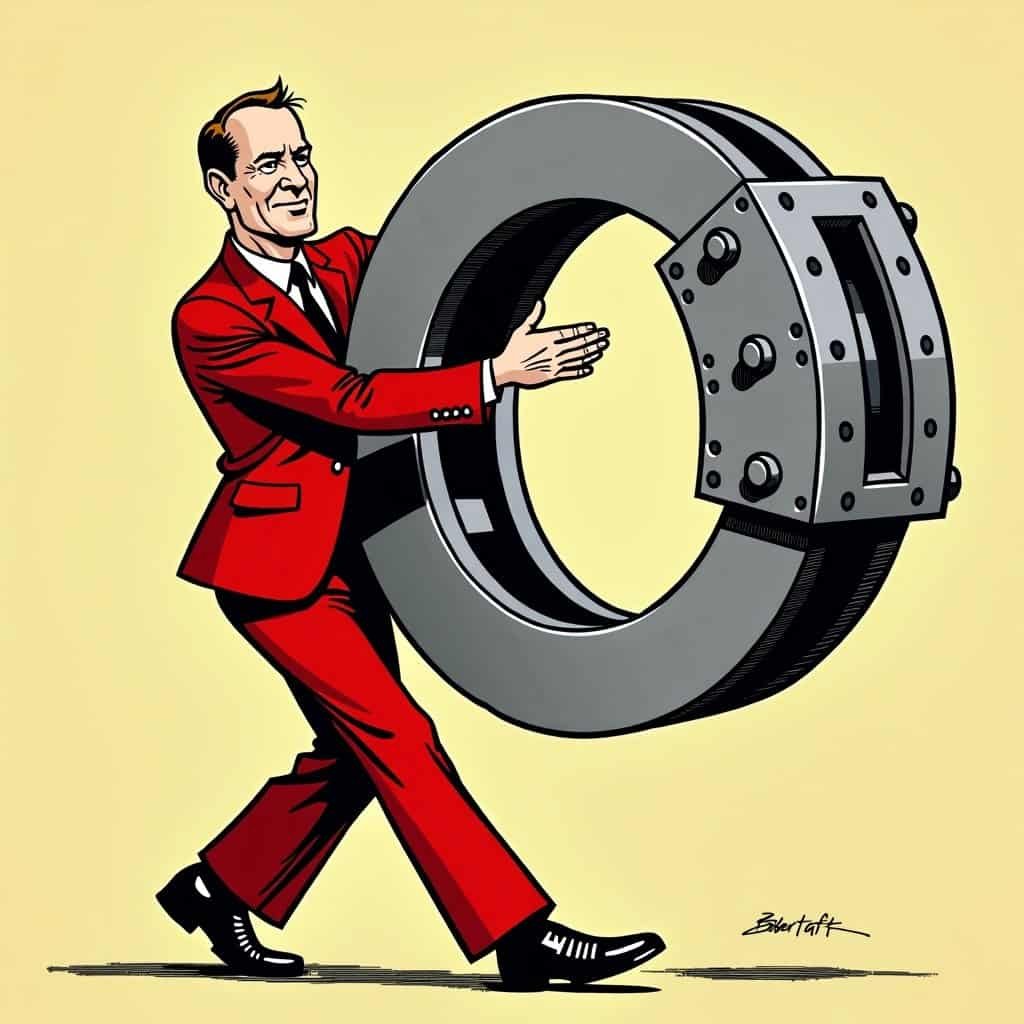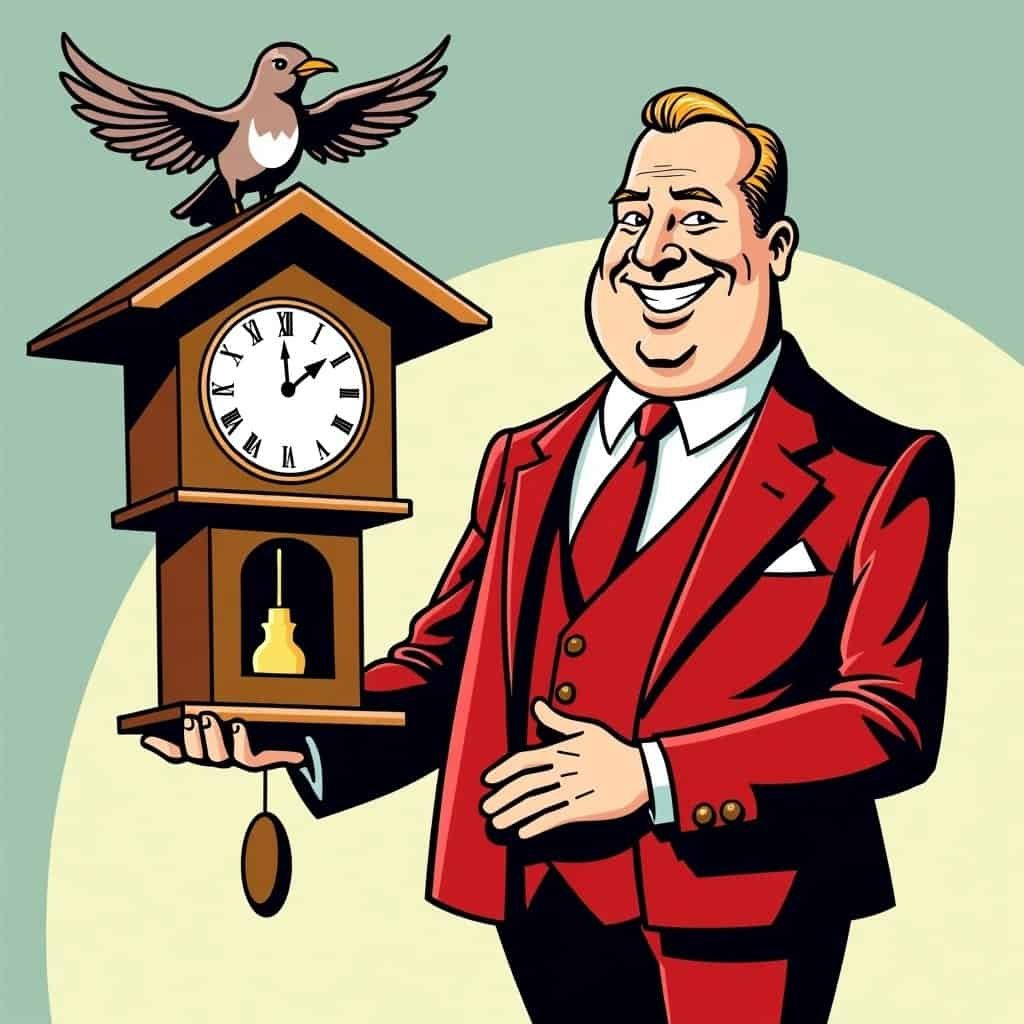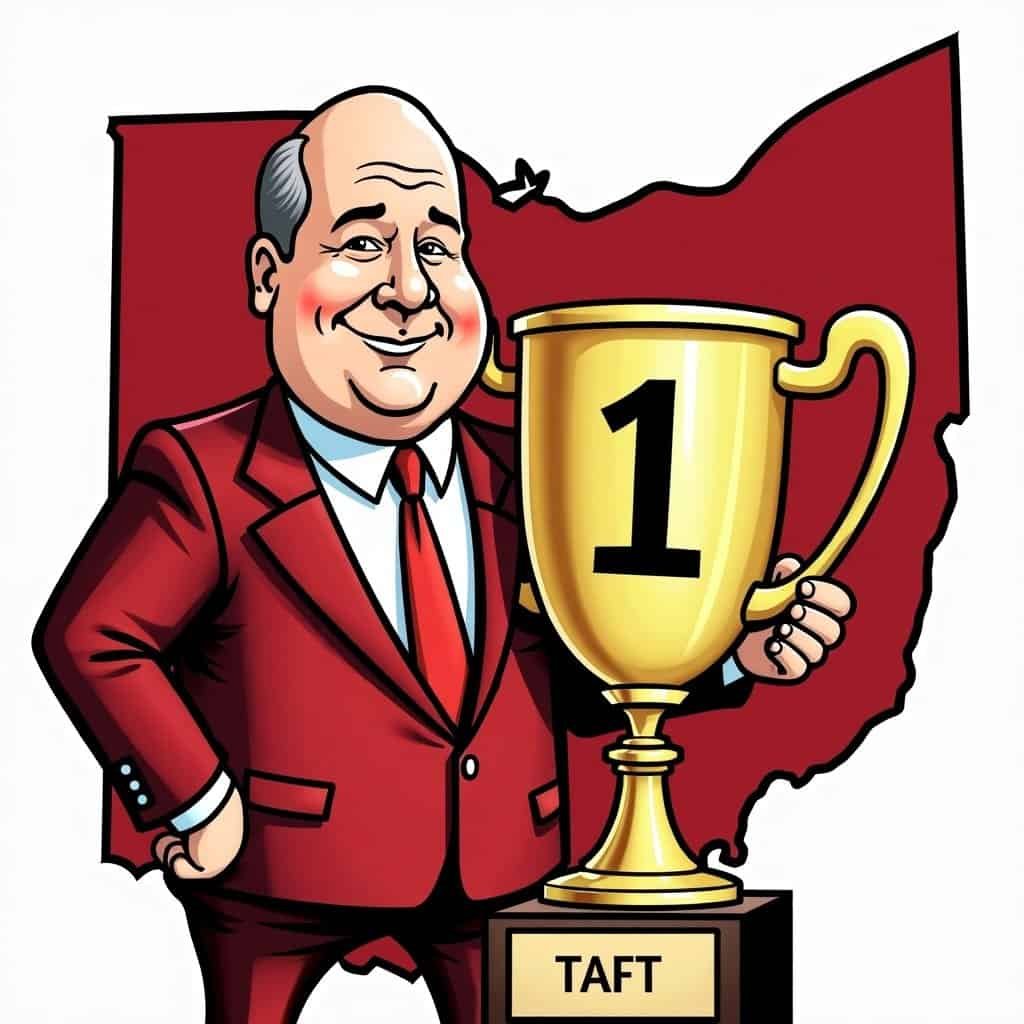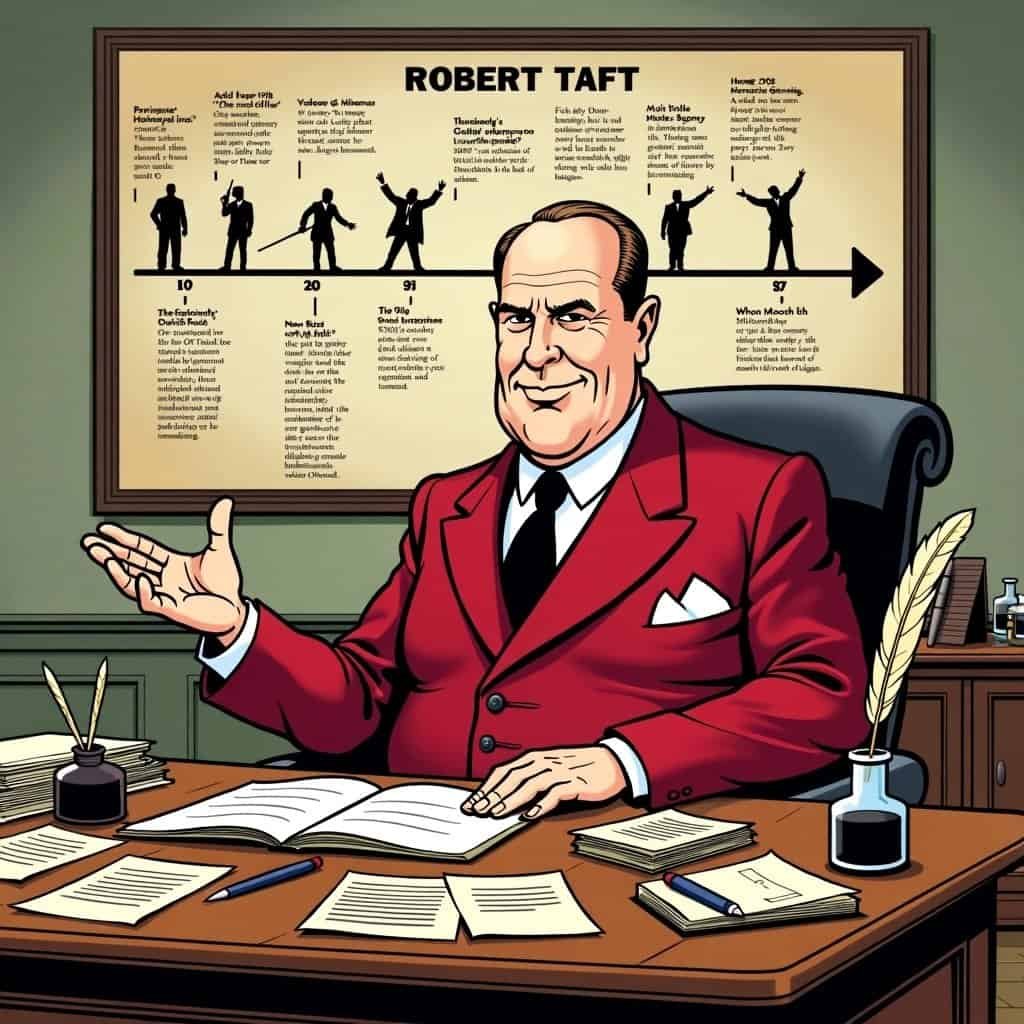Ah, Robert Taft, a man with a name fit for a statesman and a mind to match. Known as “Mr. Republican,” he had a way of catching the attention of freedom-loving Americans, much like the aroma of fresh coffee wafting through a sleepy house at dawn.
Taft wasn’t one to beat around the bush or sugarcoat his words. When it came to judicial activism, he spoke his mind plainly—comparing it to a stray cat knocking over the carefully arranged dominoes of American law. And rest assured, he wasn’t about to offer that cat a saucer of milk.
Some folks argue that this activism is like that neighbor who’s always borrowing your lawnmower, constantly trying to rewrite the rules everyone agreed on at last year’s block party. They think they’ve got all the answers, not realizing they might just be serving up a plate of burnt toast. Robert Taft might have said, “Let the people’s chosen representatives decide which way the wind blows, not some court’s fancy weathercock!” With judicial activism, the courts often act like they’re at an all-you-can-eat buffet, picking and choosing which laws to pile on their plate.
Constitutional Defenders: The Mall Cops of Democracy
Conservatives, on the other hand, are like the mall security guards of our legal system. They’re there to remind everyone about the rules set up by the Founding Fathers after much head-scratching and quill-chewing. They’re not about to let anyone stretch those rules until they look like a piece of saltwater taffy left in the sun. No way! The good old Constitution has stood strong, like a sturdy oak tree, guiding us through calmer waters than any hastily cooked up court decision ever could.
You see, Taft appreciated the balance of power, much like a stern music teacher leading a school band. He believed the court should stick to its sheet music, not get carried away with freestyle rap. Because if the judiciary starts calling all the shots, who’s to stop them from turning every performance into an impromptu kazoo solo?
The Common Sense Approach
A conservative view is refreshingly straightforward: laws should be made by elected folks who hold the people’s trust—a trust that shouldn’t be tossed aside just because the judiciary fancies itself the next American Idol. Good old-fashioned conservative values stand tall here, championing personal freedoms and roles that don’t mix like oil and water between government branches.
Now, hilariously, our friends on the left might think judicial activism is the answer to everything, like duct tape for government problems. Just slap on a bit of judicial creativity, and poof! All problems solved. Sure, it might seem nifty at first, but it leaves a sour taste when the next election rolls around and they’re left to deal with the aftermath of unchecked power.
| Conservative Approach | Judicial Activism Approach |
|---|---|
| Stick to the Constitution | Interpret creatively |
| Elected representatives make laws | Judges shape policy |
| Limited government power | Expanded judicial influence |
Taft’s Legacy: Democracy’s True Voice
Taft, always the voice of reason, would argue that those in black robes shouldn’t push aside the voter’s voice like an unwanted fruitcake at Christmas. He wasn’t for pontificating from the bench—he much preferred democracy’s full choir to a judge’s solo act.
So, to you, dear reader, and to all our fellow freedom enthusiasts, let’s keep an eye out for any judicial freestyle performances. Traditional, limited-government tunes—composed with the care of Taft’s conservative values—always hit the right notes, kept in time by democracy’s steady beat.
In the end, isn’t it our duty as liberty-loving citizens to keep judicial activism in check, making sure it doesn’t strut around like a peacock at a chicken farm? That’s the tune Taft believed in, and maybe it’s about time we cranked up the volume a bit, or heck, even to eleven.
Table of Contents
- Constitutional Defenders: The Mall Cops of Democracy
- The Common Sense Approach
- Taft’s Legacy: Democracy’s True Voice






